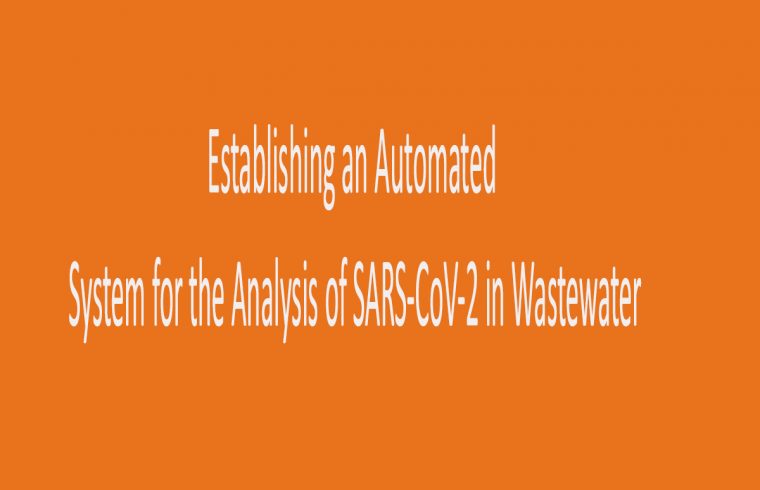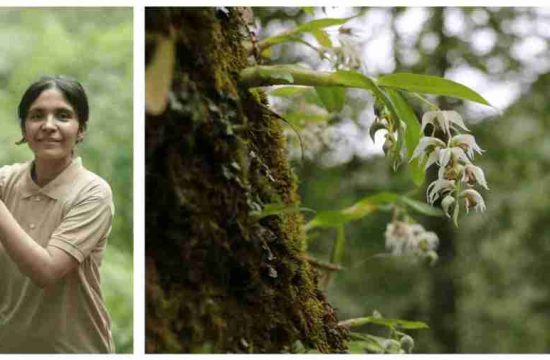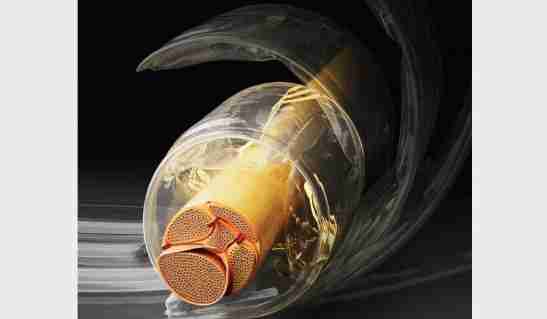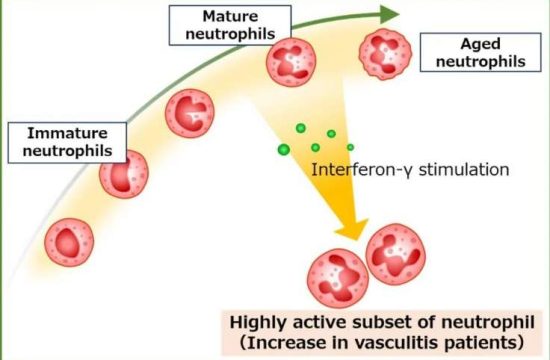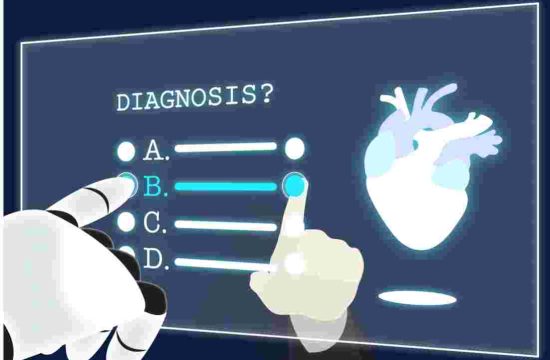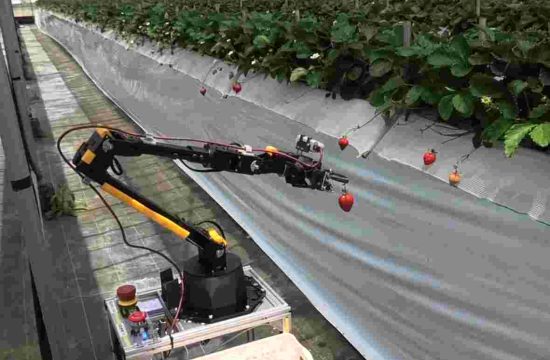Hokkaido University, Robotic Biology Institute Inc., iLAC Co., Ltd., and Shionogi & Co., Ltd. have signed memorandum of understanding (MOU) for establishment of an automated system for the analysis of the novel coronavirus (SARS-CoV-2) in wastewater on March 19, 2021.
The joint project aims to establish an automated analytical system that enables mass diagnosis by early detection of viral disease prevalence and mutants, based on wastewater-based epidemiology. The analysis operation is scheduled to start in April 2021 or later.
It has been suggested that the novel coronavirus (SARS-CoV-2) can propagate by infecting intestinal epithelial cells. SARS-CoV-2 has been detected in the feces of a significant proportion of infected individuals including those without gastrointestinal symptoms.
SARS-CoV-2 excreted in the feces of COVID-19 patients eventually come together at wastewater treatment plants. Therefore, research into wastewater-based epidemiology (WBE) of SARS-CoV-2, which acquires population-level epidemiological information by routine monitoring of the virus in wastewater, has been accelerating across the world.
WBE has been reported in scientific papers to be extremely useful for early detection of the spread of COVID-19 and the confirmation of successful mitigation of the disease prevalence in a given region.
In Japan, there have been fewer reported cases of COVID-19 infection per capita compared to the United States and some European countries and regions, and therefore, the concentrations of SARS-CoV-2 in Japanese wastewater tend to be lower than those in other countries.
Hokkaido University and Shionogi entered into a collaborative research agreement in October 2020 to develop a virus detection method with an increased sensitivity. As a result of the collaborative research, a highly sensitive method of SARS-CoV-2 detection in wastewater has been successfully developed.
For societal implementation of WBE, the establishment of a high throughput analysis system of the collected wastewater samples is urgently needed. For this purpose, the Robotic Biology Institute, Inc. (RBI), and iLAC Co., Ltd., have joined the existing collaborations between Hokkaido University and Shionogi.
RBI has the technology for automated SARS-CoV-2 detection/quantification and library preparation for next-generation sequencing (NGS) analysis using LabDroid “Maholo,” a versatile humanoid robot made in Japan; iLAC is capable of elucidating genomic information (e.g., viral genome mutations) based on massive NGS analysis. They will help develop an automated analysis system for WBE of SARS-CoV-2. The four parties have entered into an MOU toward societal implementation of WBE.


